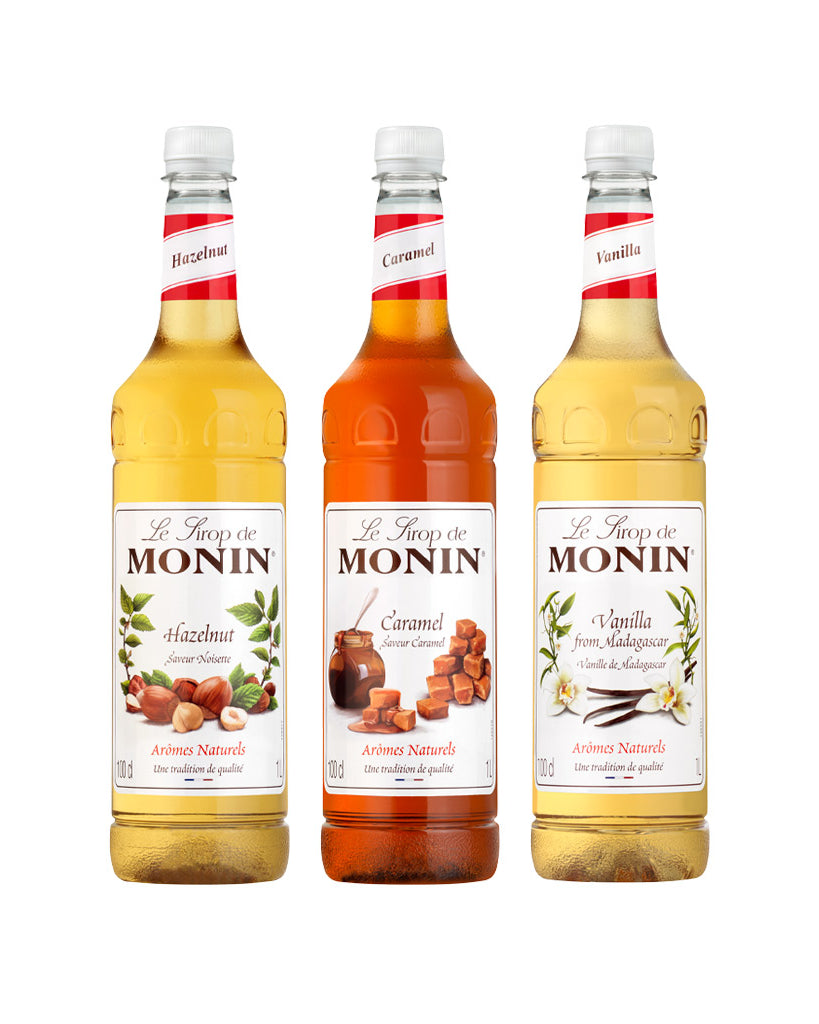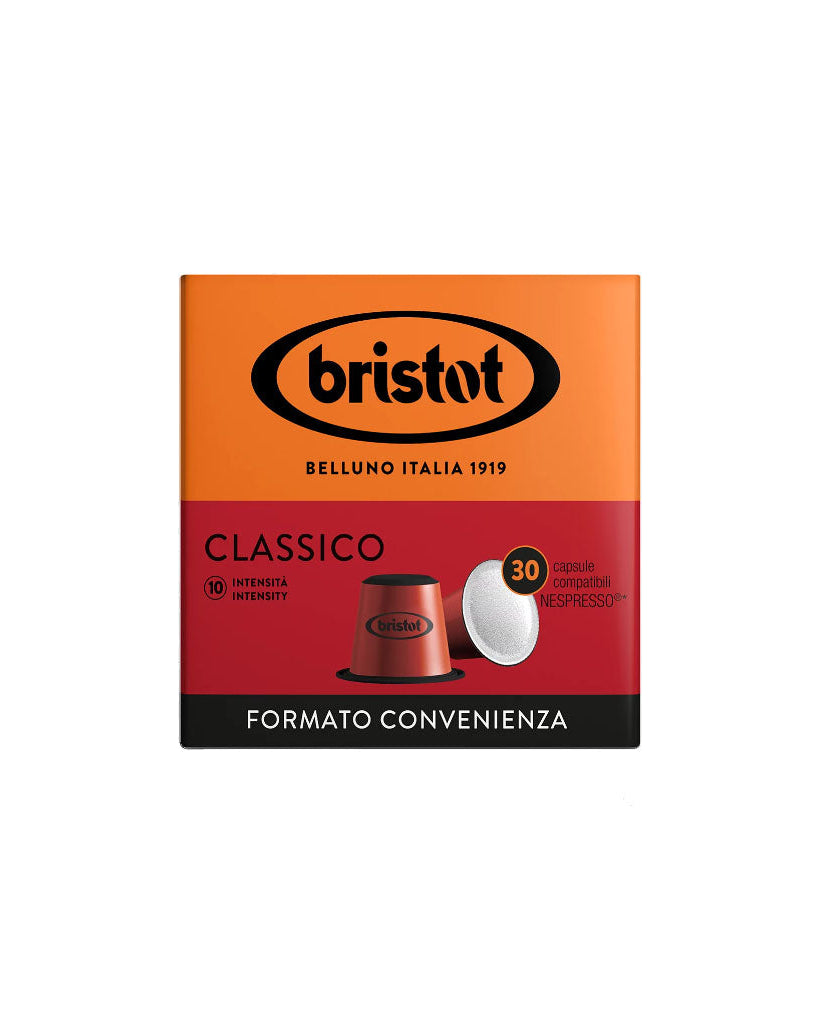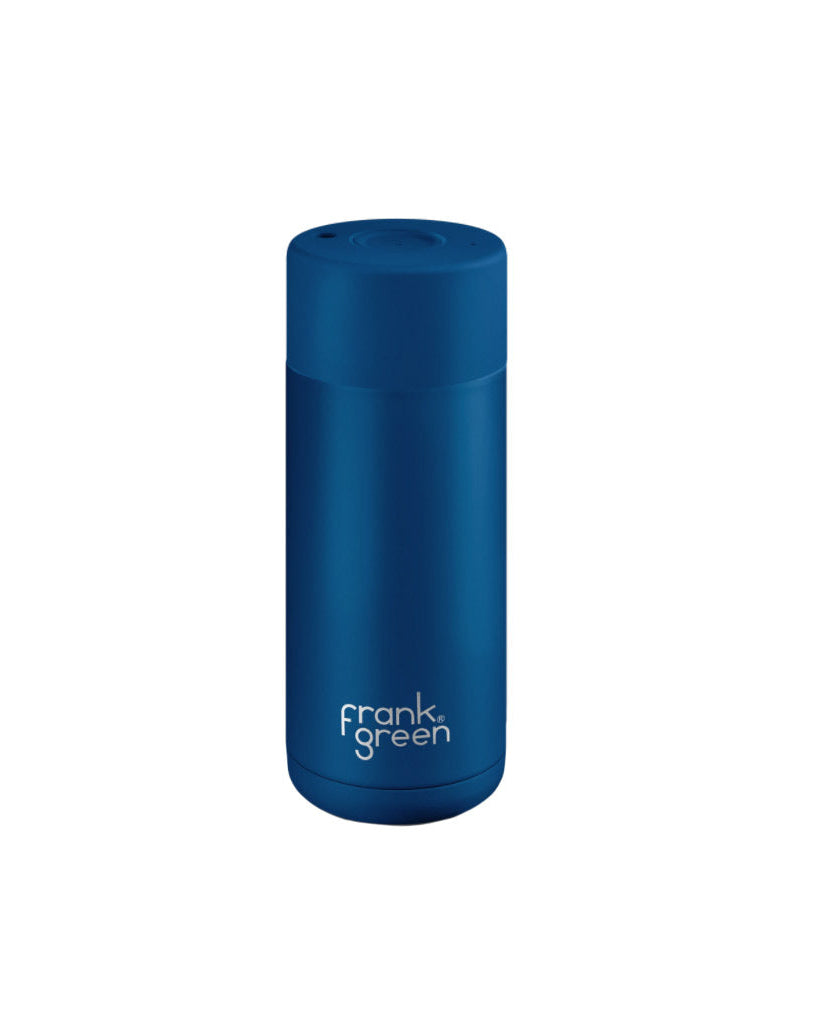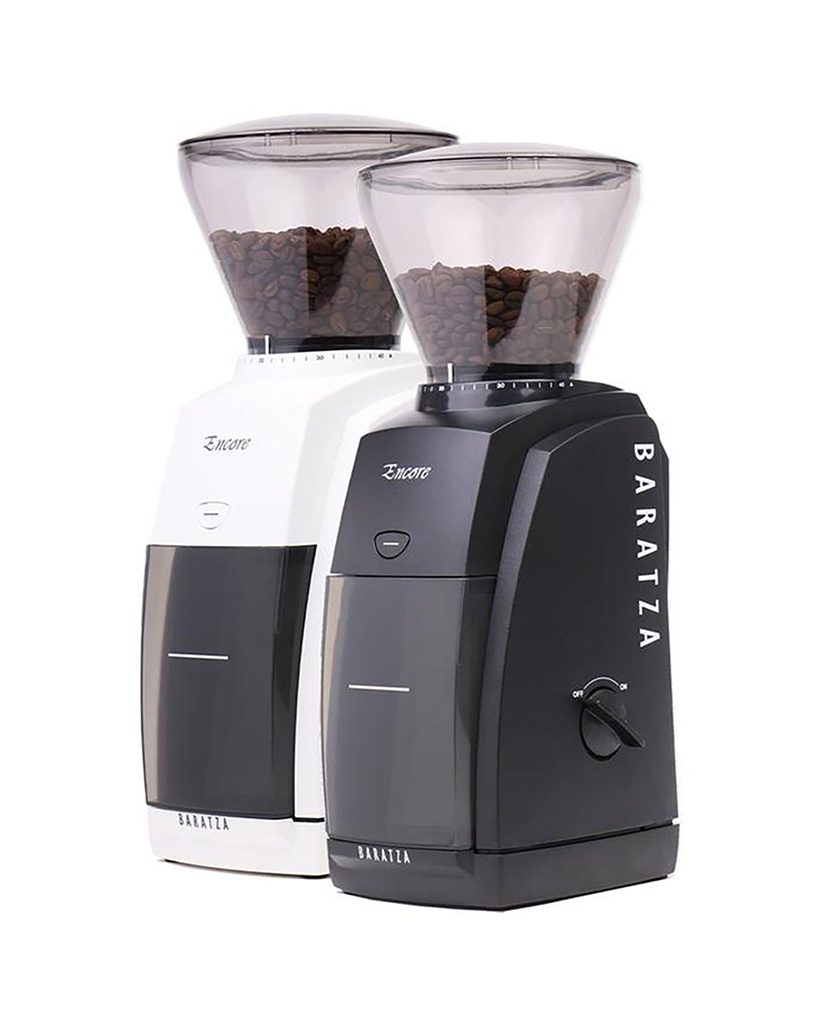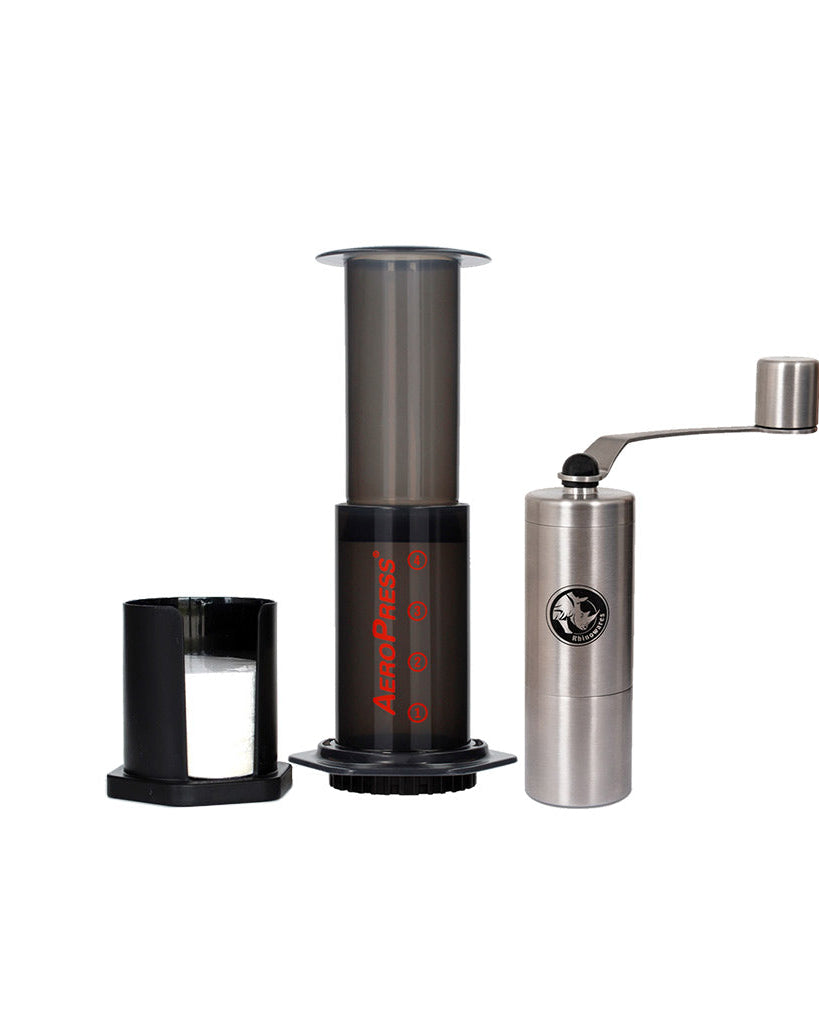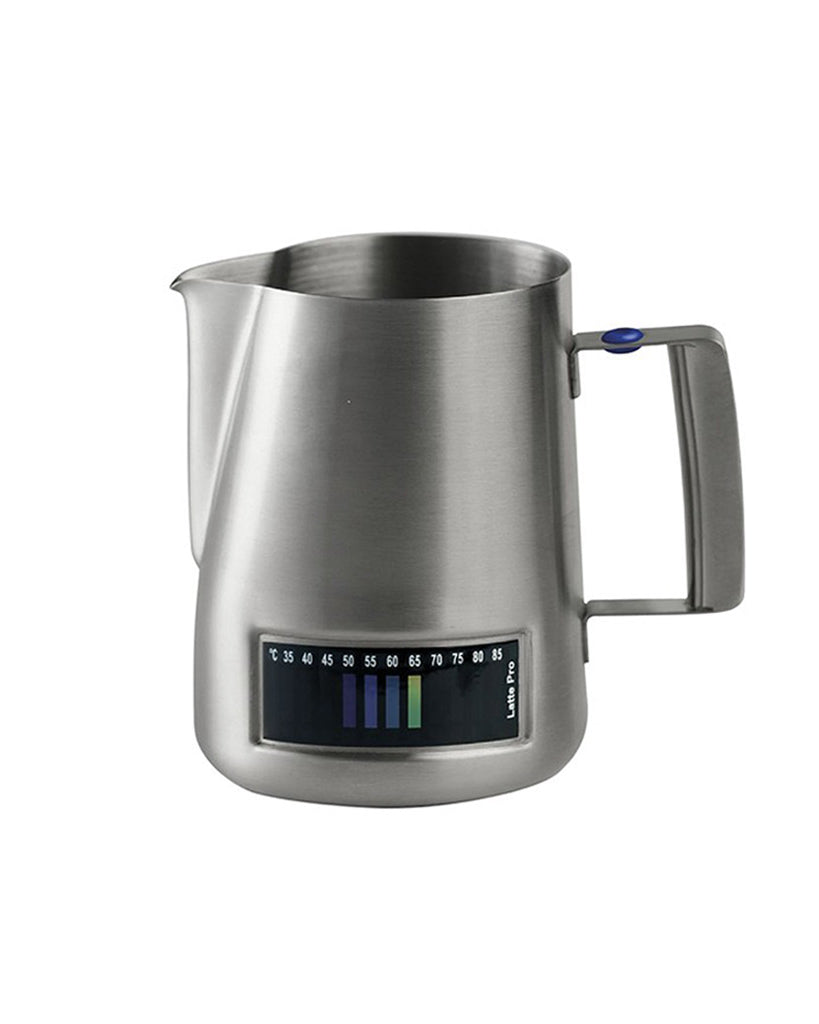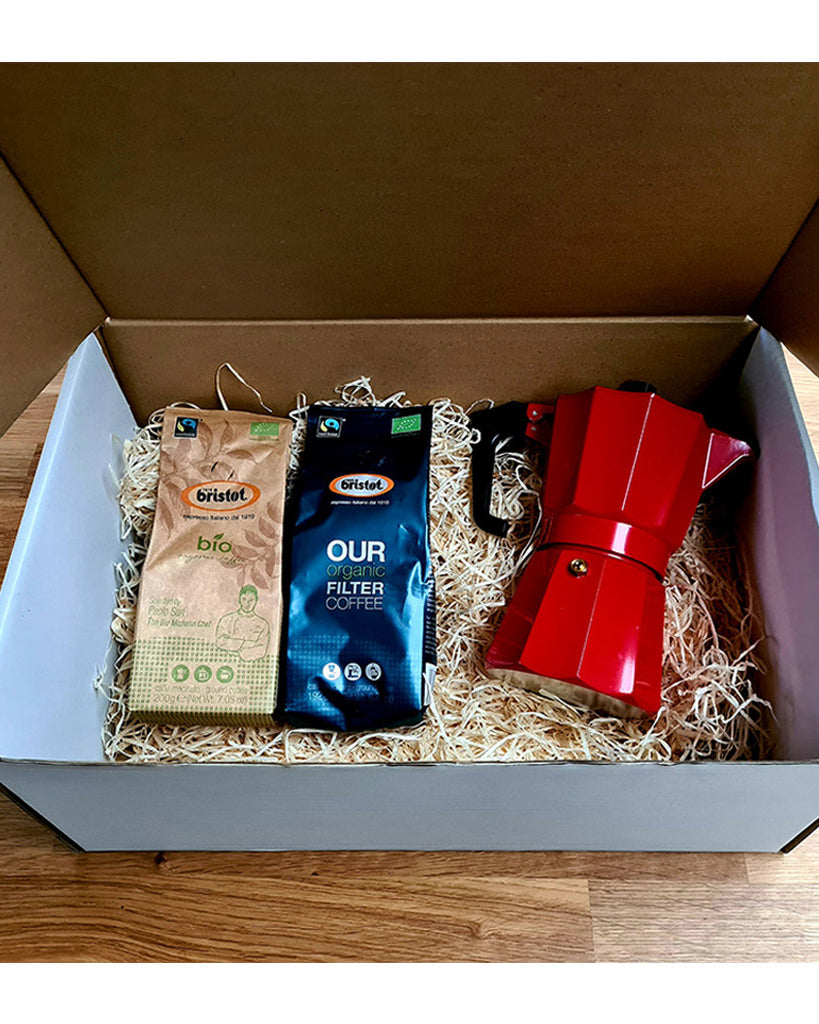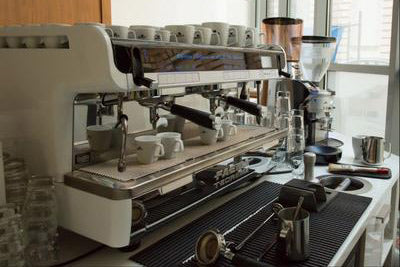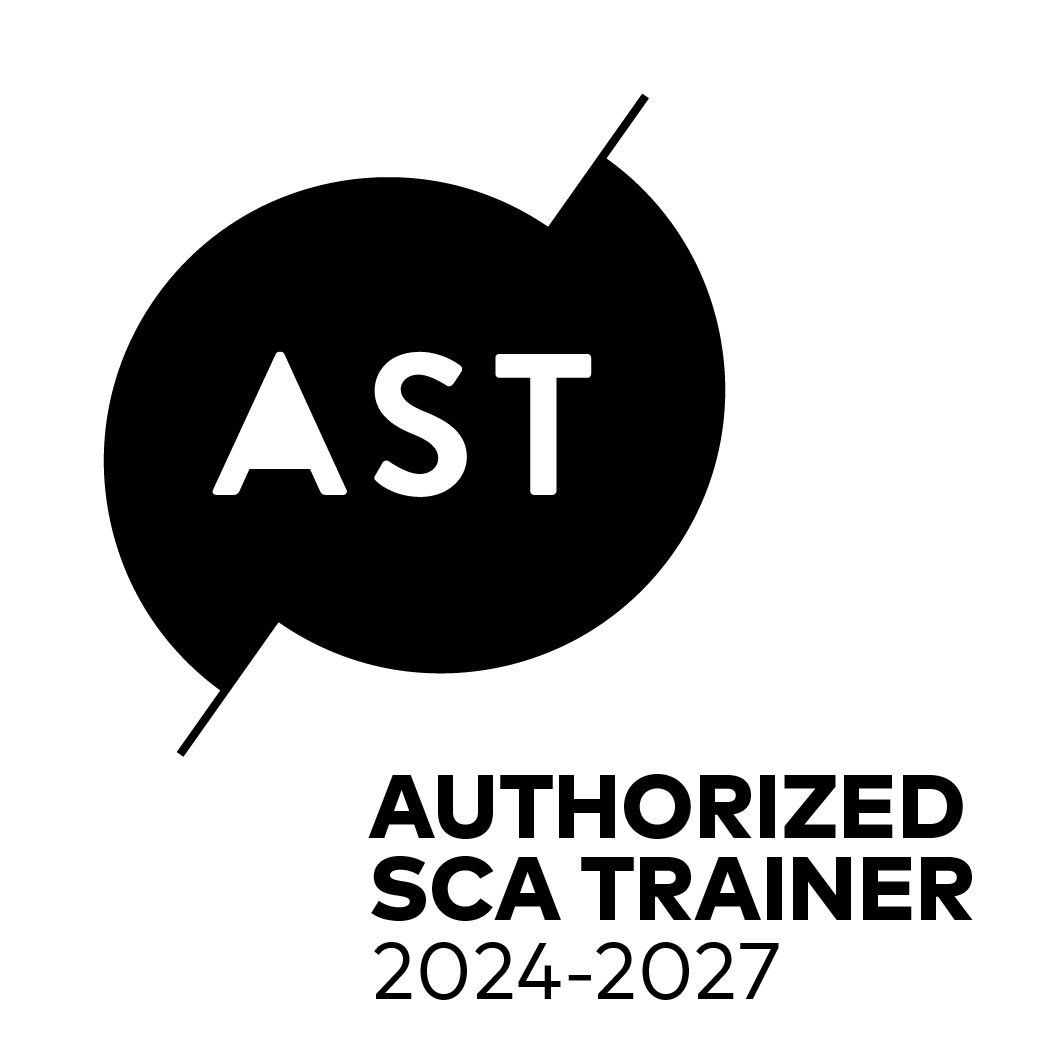Ever wondered what the main difference between a bean to cup coffee machine and a barista coffee machine were?
Here's it gently broken down and how I would explain it to someone who didn't know what either were.
Bean to cup machines are sometimes referred to a push button coffee machine or an automatic coffee machine (you typically see these in service stations) and a barista machines can be referred to as a traditional or a hand made coffee machine (you typically see these in your local cafe with one or more coffee grinder's beside them).
Both are options for making coffee, both have advantages and disadvantages and either is more suitable depending on the environments or set ups in which they are required.
So before we get into the differences, lets talk about similarity. Well the first and most obvious is, they both make Coffee. Crazy I know!
However in order to do so they bother need to create similar boiler pressure, grout head temperature & water volumes for extraction. More advanced machines can adjust these parameters and many more but that’s for another day.
Simply put, espresso based coffee in cafes, bars, restaurants, shops etc is made using a recipe of grams (amount of fine ground coffee-how you grind this depends on the machine-automatic's surprise surprise do it automatically and for traditional you will require a good grinder) which then high pressured water (9 bar) (water quality and temperature are important variants) is pumped/pressed through the fine grounds to produce coffee or the more correct term is espresso in a matter of seconds (hence the term espresso)
So more specifically espresso based coffee (as both of these types of machines produce espresso based coffee) have advantages and disadvantages.
So what are some of the advantages/disadvantages of each?
Taste-Well a Barista traditional coffee machine makes better coffee, however it requires the hand of a trained person to produce this, more commonly know as a Barista. So in affect it can, however it does not always produce better coffee.
I can hear hipsters all over the world cringe at that statement, however how I relate it is this:
Imagine you take a person of the street who has lived their entire life (without ever drinking or knowing anything about coffee, including Maxwell house people) and you put them behind a FAEMA E71 ( image linked it if you don't know what it looks like) and ask them to make a cappuccino.
Alternatively put them behind a push button machine coffee machine and ask them to press the cappuccino button. If you could visualise the results you would know exactly what I mean.
Time-an automatic machine produces coffee with far less labor then a traditional machine so barista machines are far more labor intensive, which as a business is a cost.
Cost-as an automatic machine basically has an internal computer, the machines ( and I'm talking about proper bean to cup ones, not domestic, the ones that are in busy service stations, hospitals, universities etc) cost a lot more then a barista machine.
Drinks Menu-With a traditional machine, the menu can be extensive as you can have several different blends/origins to choose from, let alone the milk alternatives and if you choose to provide flavoured syrups etc. All of these can be made in whatever way you want as a customer, different sizes, temperatures etc.
With an automatic, the machine is usually confined to 1-2 coffee blend choices, 1 milk choice and a limited selection/size of drinks.
Space-An automatic machine requires less space then a traditional set up, as you will require a grinder and working area to properly serve drinks. A barista machine can become very wide depending on the amount of group (also know as heads or portafilters). Small locations require a 1 group or compact 2 group (if space is a factor), most cafes, bars restaurants require 2 group and extremely busy sites require a 3 group. I've yet to come across a 4 group machine in Ireland, although they are available. I see them a lot in Italy, however if you were somehow thinking of buying a 4 group, don't. Buy 2x 2 groups instead, because if you were to have an issue your entire machine could go down as opposed to 50% of it.
Again there are other factors to consider, for example the water quality, how clean the machine is, is the machine producing enough pressure for extraction, is the temperature of the water correct, if the machine is volumetric-are they correct etc.
Its worth pointing out the above points are generally speaking and I'm trying to come at an angle where someone who doesn't have a lot of experience or knowledge would find this article somewhat useful.
Matt


